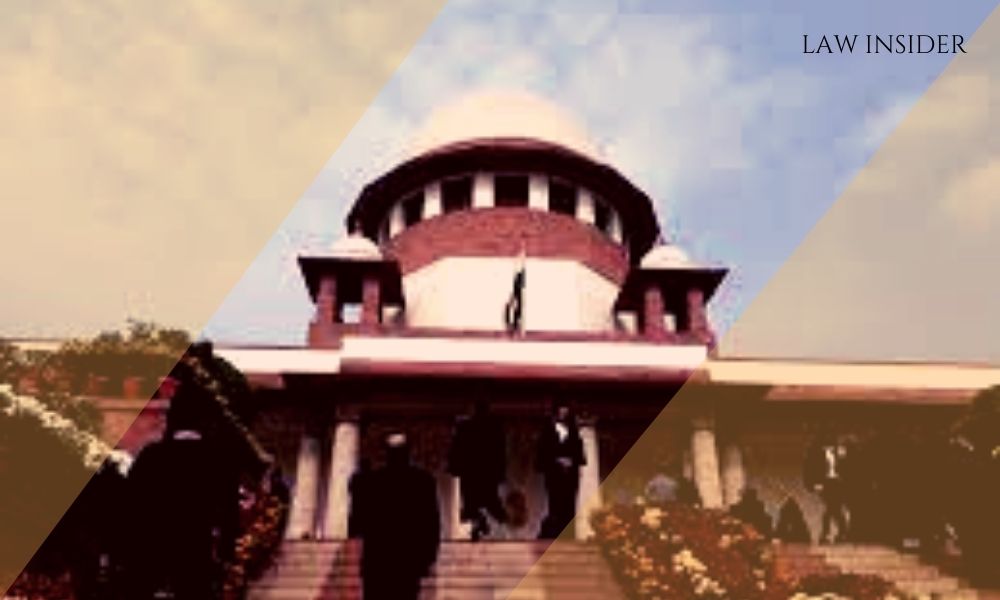LI Network
Published on: 02 September 2023 at 15:22 IST
The Supreme Court has clarified that upon receiving a final report from the police, a Magistrate possesses the discretion to treat a protest petition as a complaint case.
The bench, comprising Justices Bela M Trivedi and Dipankar Datta, outlined three possible courses of action for the Magistrate upon receipt of the police report under Section 173 Cr.P.C.
Firstly, the Magistrate may conclude that there are insufficient grounds to proceed further and dismiss the case. Secondly, the Magistrate may take cognizance of the offense under Section 190(1)(b) based on the police report and issue process. Thirdly, the Magistrate may take cognizance of the offense under Section 190(1)(a) based on the original complaint and proceed to examine the complainant and witnesses under Section 200.
The court emphasized that even if the police’s final report under Section 173 is accepted, and the accused individuals are discharged, the Magistrate retains the authority to take cognizance of the offense based on a complaint or a protest petition with similar allegations, even after accepting the final report.
The court clarified that a Magistrate should exercise judicial discretion by carefully considering the contents of the protest petition or the complaint.
In a specific case, the Magistrate had rejected the final report submitted by the Investigating Officer and accepted the protest petition, choosing to proceed further under Section 200 Cr.P.C.
The High Court intervened in this matter, contending that the Magistrate’s findings in favor of treating the protest petition as a complaint were insufficient to proceed with it.
Upon appeal against the High Court’s decision, the Supreme Court ruled that the course of action taken by the Chief Judicial Magistrate (CJM) was lawful and appropriate in the given circumstances.

